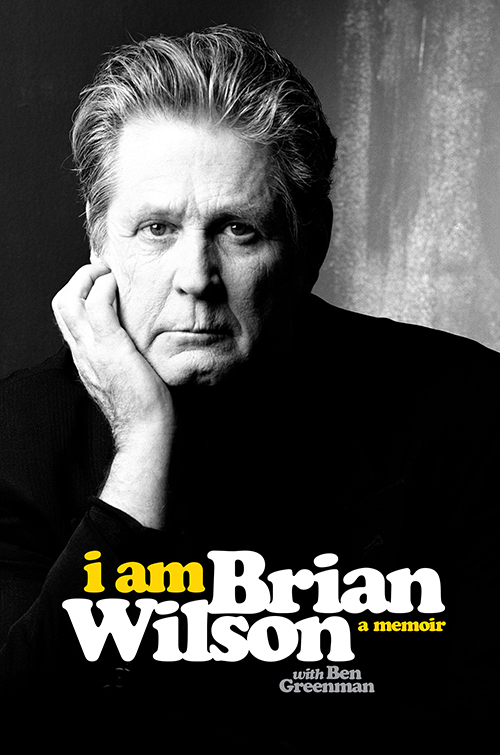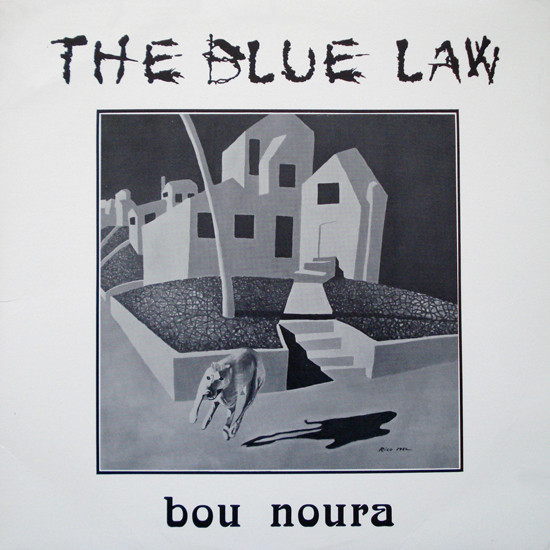Written by: Paul Gleason
When I finished reading I Am Brian Wilson: A Memoir (Da Capo), I breathed a sigh of relief, wiped my eyes (I didn’t know that for most of my reading, they had been so teary), and uttered one word: “Finally.”
That is, thanks to Brian Wilson and his collaborator Ben Greenman, we have a literary document that captures Wilson’s voice, spirit, and soul just as much as his best songs. We also have a universal tale of that strange brew of melancholy and joy that is life. We have a tale of personal redemption.
This tale of personal redemption, of course, is nothing new. From David Leaf’s documentary on the making of SMiLE to Peter Ames Carlin’s essential biography of Wilson, it’s become standard to write about the chief Beach Boy in a way in which he begins his slow flutter into obscurity after the demise of SMiLE in 1967 (a time when Wilson’s role in the band changed and, instead of being the band’s leader and sole composer and producer, he became a willing participant in such “group-oriented” records as Wild Honey, Friends, and Sunflower).
But, as is somewhat well known, Wilson lost the plot in the early 1970s, staying in bed due to a depression that wouldn’t lift, putting on weight, doing lots of drugs and alcohol, while all the while occasionally contributing to the Beach Boys’ music and appearing with them in concert. In fact, one of the treats of I Am Brian Wilson, is to read Wilson’s dissection of Love You, the 1977 album that still stands as one of rock music’s most original and idiosyncratic achievements.
It’s in the sections of I Am Brian Wilson in which Wilson discusses in detail albums such as Love You, as well as other crucial Beach Boys and solo albums such as Today!, Summer Days (And Summer Nights!!), Pet Sounds, SMiLE (in both its 1967 and 2004 incarnations), and That Lucky Old Sun that the book gains a lot of its life.
Wilson speaks enthusiastically and passionately about these recordings in his own voice. This makes the reading experience quite similar to having an intimate conversation with Wilson about what excites him, what makes him tick. And, of course, it’s music that excites him and makes him tick.
And music, as the book’s distinctly non-linear style indicates, comes to Wilson in tidal waves of ideas – ideas that are always battling with the disturbing voices that he’s heard in his head since, he claims, he first took LSD in the mid-60s. In my reading at least, when Wilson gets on a good run of ideas, which happened mainly in the mid-60s but also in the Love You period and the Lucky Old Sun period in the mid-2000s, great music cuts through the destructive voices, and the beauty of Wilson’s best work wins the day.
But this artistic victory (if I can call it that) is only temporary – and Wilson has spent the majority of his life combating mental illness each and every day. And his mental illness, which he never gives a specific name in the book but candidly and openly discusses, simply sucks the life out of him. Wilson would never say this, but his never-ending struggle to write some of the most beautiful and creative songs in American popular music history is something of a miracle.
It’s no wonder, then, that when one listens to a Beach Boys or Brian Wilson solo classic, one feels a kind of ineffable magic. More, one feels an overpowering sense of emotion, a resonance that simply can’t be put into words. Just listen to “Surfer Girl,” “In My Room,” “The Warmth of the Sun,” “Don’t Worry Baby,” “California Girls,” “Let Him Run Wild,” the entire Pet Sounds and SMiLE albums and all their terrific cuts, “This Whole World,” “‘Til I Die,” “The Night Was So Young,” “Love and Mercy,” and “Midnight’s Another Day” – just to name a few.
This list of songs is long because it has to be. It emphasizes Wilson’s over fifty-year career as a performer, producer, and arranger as a miraculous lifetime of giving. Indeed, as the pages of I Am Brian Wilson attest and I emphasize again, these songs exist because of a deep faith in music’s ability to overcome not just mental illness but also the abuse that Wilson suffered at the hands of his father, Murry, and his psychiatrist, Dr. Eugene Landy.
Wilson speaks candidly about his experiences with abuse, although he never uses the term “abuse.” But he, unsurprisingly, doesn’t enjoy writing about them. He bluntly states throughout I Am Brian Wilson that it’s very painful for him to dwell on them. But I give him credit for doing his best to explain his experiences with abuse the best he can. Rest assured: Wilson doesn’t keep anything hidden.
Love and mercy, the two great themes of the second half of Wilson’s life, ultimately come to the fore as the core of I Am Brian Wilson. As Wilson does in his best songs, he wears his heart on his sleeve and writes extensively and thoroughly about how he made some of his best songs, about his wife Melinda and his family, and, unsurprisingly for any Wilson fan, about some of the most comic events of his life.
And isn’t comic storytelling another form of showing love and mercy? And Wilson’s utterly original sense of humor jumps out of the book all the time (check out the stories about Carole King, Wilson’s reception of the Kennedy Center Honors, and the way he met Bono).
I Am Brian Wilson is everything it can be and more. It’s a shot of love and mercy from one of music’s most humble, troubled, and gifted human beings. It’s written in a voice that captures the essence of Wilson’s thinking. And, best of all, it makes you grateful that you occupy the planet in the same time as Wilson – that you got to hear the harmonized sigh in “God Only Knows,” that you got to hear the melody to “Surf’s Up,” that you got to make sense of your life by listening to “‘Til I Die,” that you got to read I Am Brian Wilson.









